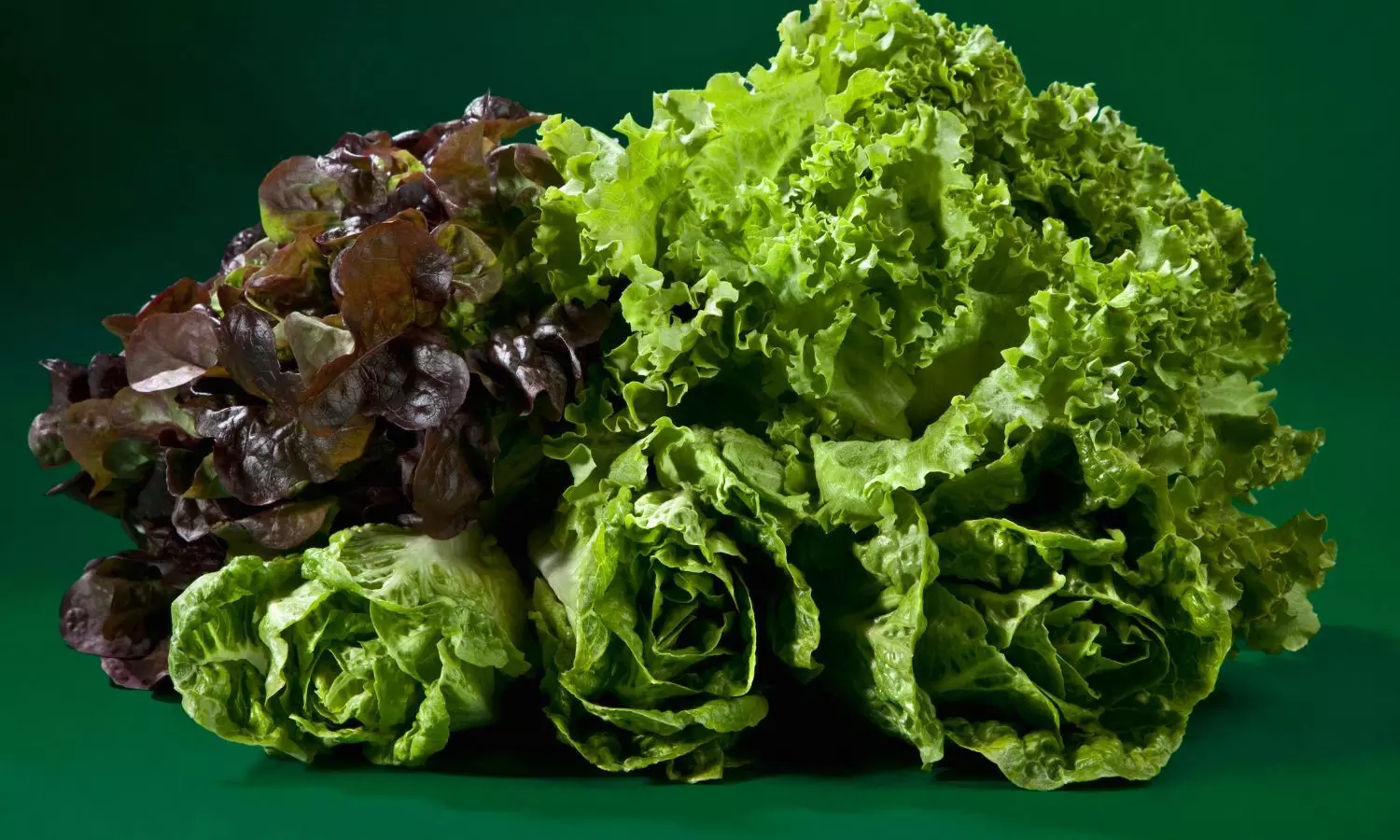Study Finds Leafy Greens May Lower Risk of Heart Attack and Stroke for Elderly Women

New Delhi: A recent study has found that eating leafy green and cruciferous vegetables such as spinach, kale, and broccoli may significantly reduce the risk of heart attacks and strokes, especially in older women.
The research was conducted by scientists from Edith Cowan University (ECU), the University of Western Australia, and the Danish Cancer Society. Their findings suggest that vegetables high in vitamin K1 could play a key role in preventing atherosclerotic vascular diseases (ASVD). These conditions are a subset of cardiovascular diseases, the leading cause of death globally, mostly due to heart attacks and strokes.
ASVD occurs when plaque builds up inside the arteries, restricting blood flow and increasing the chances of serious heart-related events. One of the study’s main conclusions is that a higher intake of vitamin K1 is linked to a lower risk of developing ASVD.
The study involved 1,436 elderly women and revealed that those with diets rich in vitamin K1 had significantly reduced long-term risks of ASVD. Not only that, but the women also showed less thickening of their neck arteries—an early warning sign of atherosclerosis.
Leafy greens like spinach and kale, along with cruciferous vegetables like broccoli, are excellent natural sources of vitamin K1. According to Montana Dupuy from ECU, these vegetables may help stop the process of vascular calcification, which is a key factor in the development of cardiovascular disease.
ECU Senior Research Fellow Dr. Marc Sim added that consuming just one and a half cups of these vegetables daily can help increase vitamin K1 levels, potentially lowering the risk of heart disease.
In addition to heart health, vitamin K1 may also support bone strength and overall musculoskeletal health.
The research team is now working on developing new foods that are rich in leafy greens and Vitamin K1. These will be targeted at groups with specific dietary needs, such as residents in aged care facilities, to help improve their long-term health through better nutrition.


